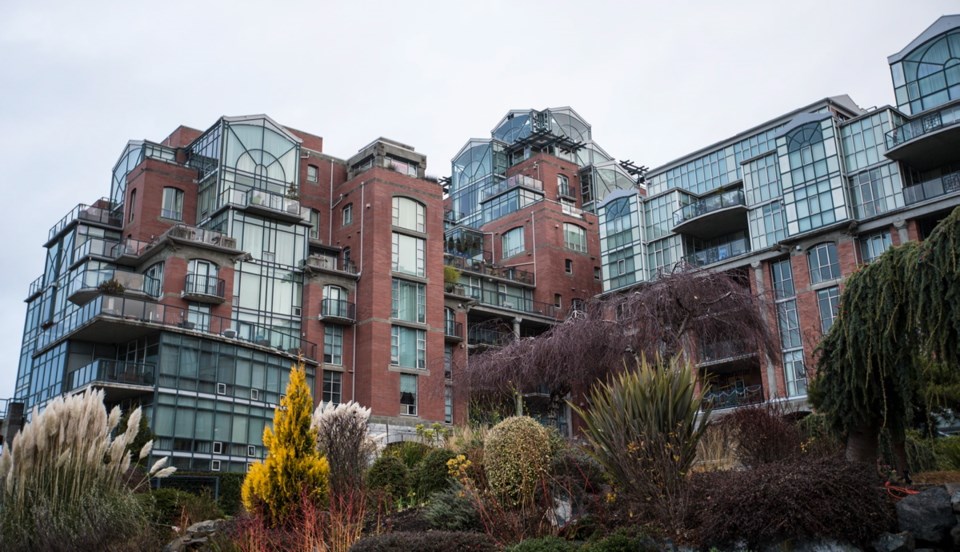Insurance companies are going to be reaching a bizarre balance point this year, if they haven’t made it already. The fortune they’ll make by jacking up condo insurance premiums to a breathtaking degree will be matched by the staggering loss of goodwill and reputation.
Companies are charging in some cases three and four times what they charged last year. And they’ve jacked the threshold for making claims so high they’re immune from having to pay out on anything other than catastrophes.
Deductibles that used to be $25,000 are now a half-million dollars in some buildings. It translates to hundreds of dollars more a month in condo fees, or huge special levies on residents, to pay for far less coverage. Or both.
So the companies bring millions of new dollars in and avoid having to spend millions more on claims.
But the new money is rushing in while outrage and even panic builds in their customer base.
The companies are practically begging for intervention with the outlandish price hikes slammed into effect with zero warning.
The B.C. government last year passed a law and imposed new regulatory powers on oil companies because gas prices were considered out of line.
Imagine the range of options being considered when an insurance company hikes the price of coverage to $817,000 from $265,000, as happened at Shoal Point condos, with plenty of similar examples elsewhere.
It’s one of the biggest government relations disasters in recent memory. The industry has traumatized thousands of residents — many of whom scrabbled for a hold in the housing market. They’re raging at MLAs and calling for help. So the government is forced to scramble around looking for something to do, while the industry sits back and talks about the need for better management and design of the buildings.
It’s almost incomprehensible how financial institutions performing an essential service in the most fundamental part of the economy can abandon basic regard for its customers. Particularly when it’s such a vast market — 1.5 million British Columbians in condos.
There is a case to be made for price increases.
The industry says the strata line of insurance has lost money for the last several years. A long list of reasons is given to explain that. And some of them involve deficient management of buildings by the people who live in them.
But punishing them with abrupt triple or quadruple premium hikes doesn’t makes any sense. If the companies need to recoup losses, they could have done it gradually.
It’s mandatory to buy insurance, so the business isn’t going anywhere.
Some have abandoned the strata line of business entirely, which obviously lessens competition and makes it hard for brokers to get quotes for their customers, the strata councils.
The ones that are left are trying to make up all their previous shortfalls in one year, while they strip coverage from their customers at the same time.
And they seem to be standing pat in the face of all the outrage they’ve caused. About 2,000 stratas a month renew their coverage, on average, so the outrage is going to build.
The Insurance Bureau of Canada estimates the average strata insurance premium has jumped 35% this year. That number doesn’t match what the brokers are seeing. Their B.C. association cited a range of increases between 50% and 400%.
But if an average 35% hike is accepted, even the insurance bureau acknowledges that’s too high.
“That’s why we’re working with government and other stakeholders to find solutions,” it said in a statement.
Most of the solutions seem aimed at residents, rather than the insurance companies.
Someone needs to take a hard look at their internal rationale — if there such a thing — for abruptly imposing staggering price hikes that will course through the housing market and have long-lasting negative results.
The fact it’s happening just as everyone takes a deep breath and awaits the economic impacts of the pandemic response compounds the problem.
It’s baffling to see an established industry devoted to coping with disasters create one for itself.



